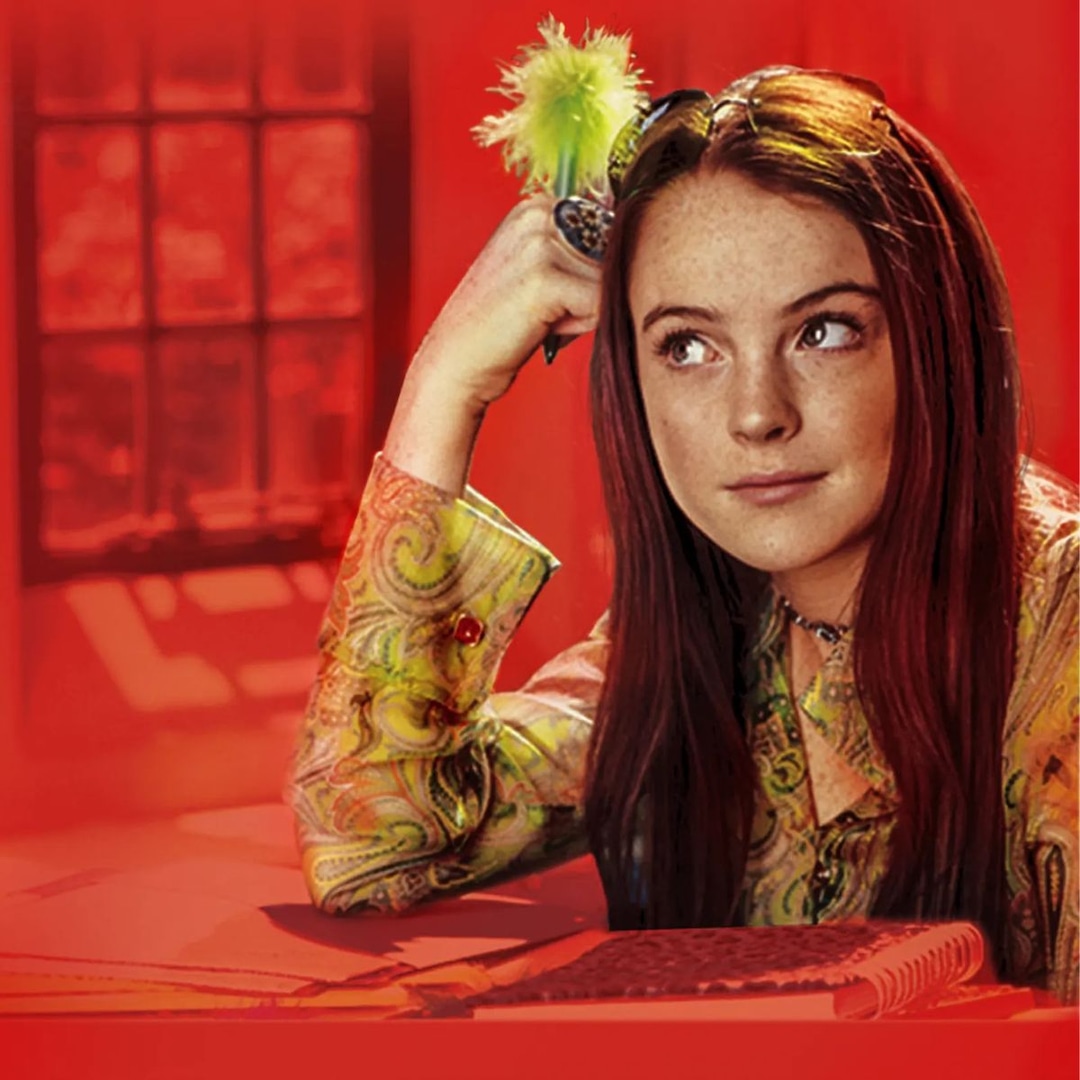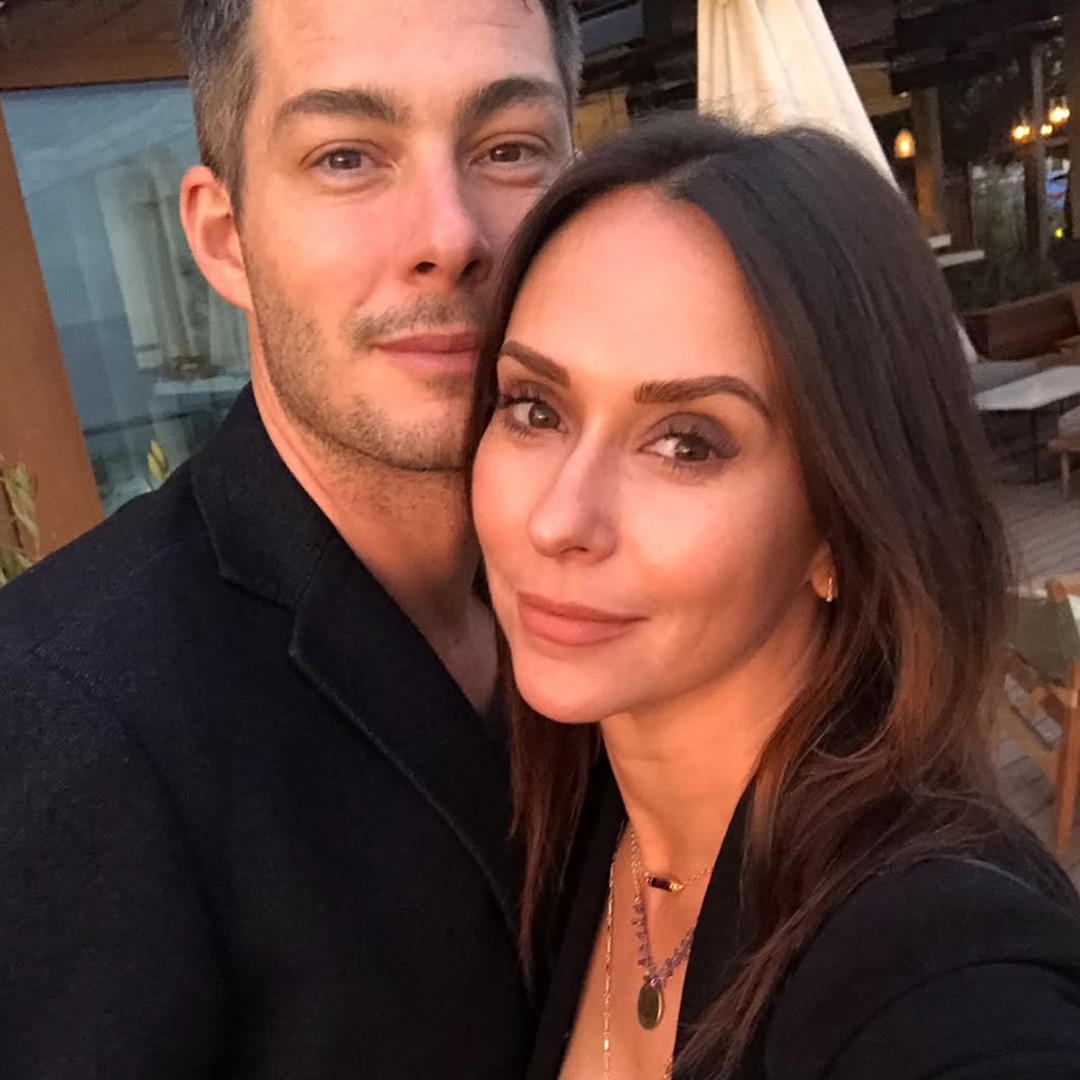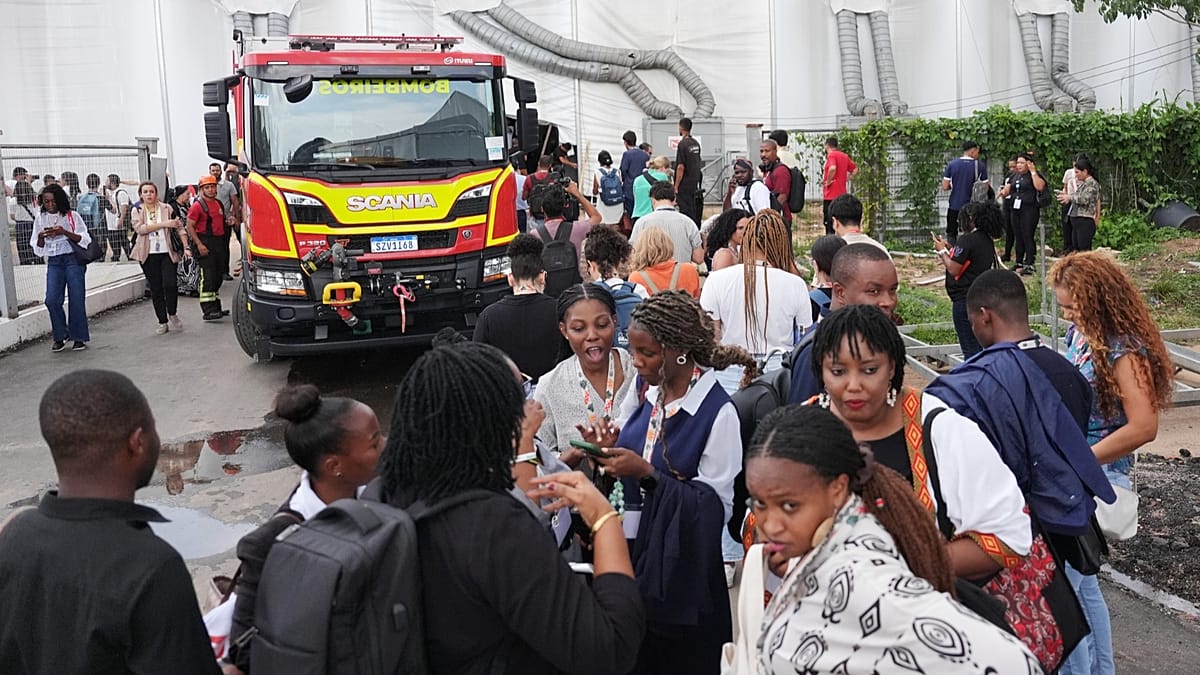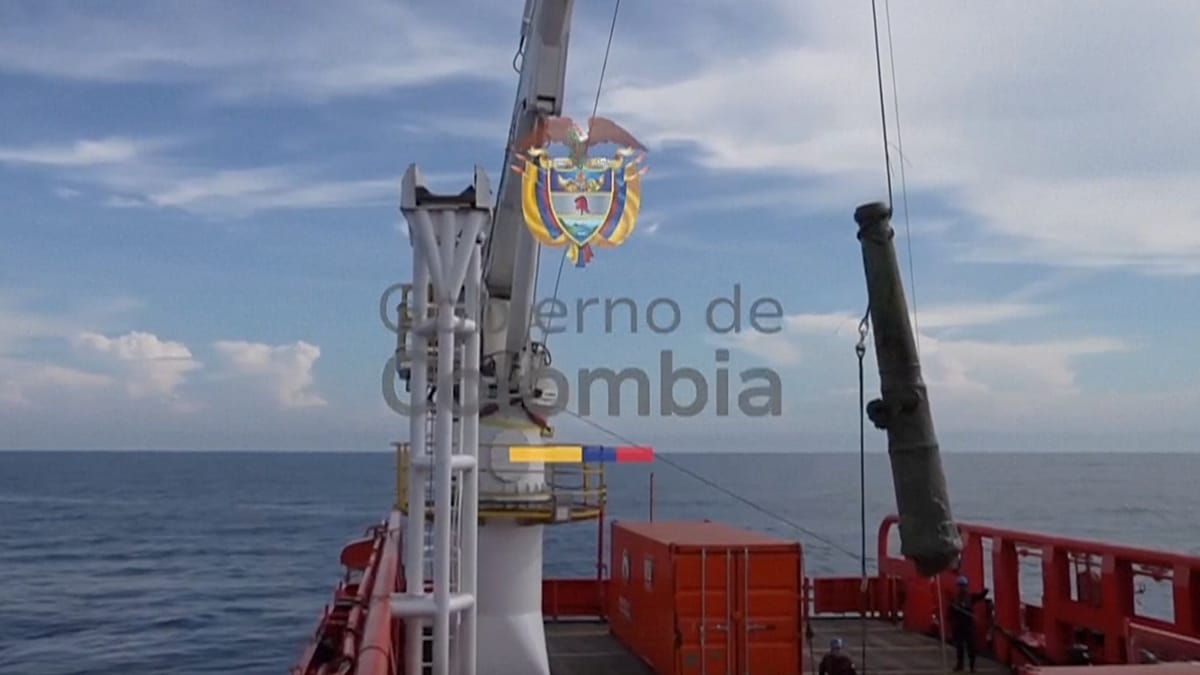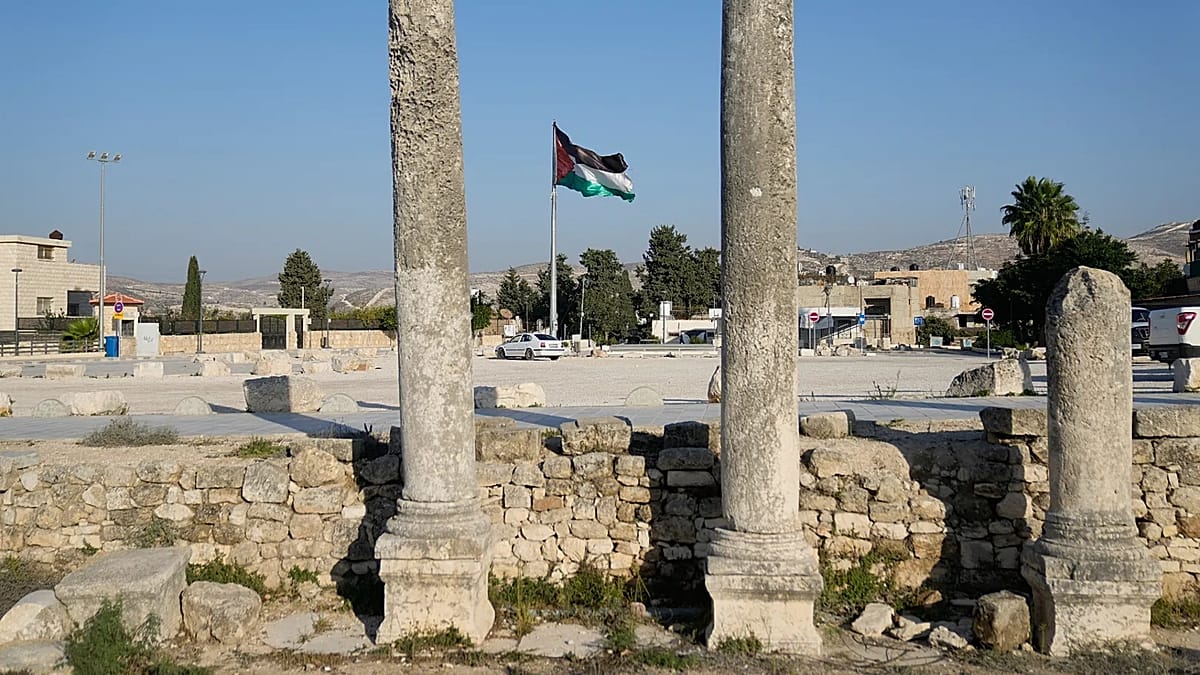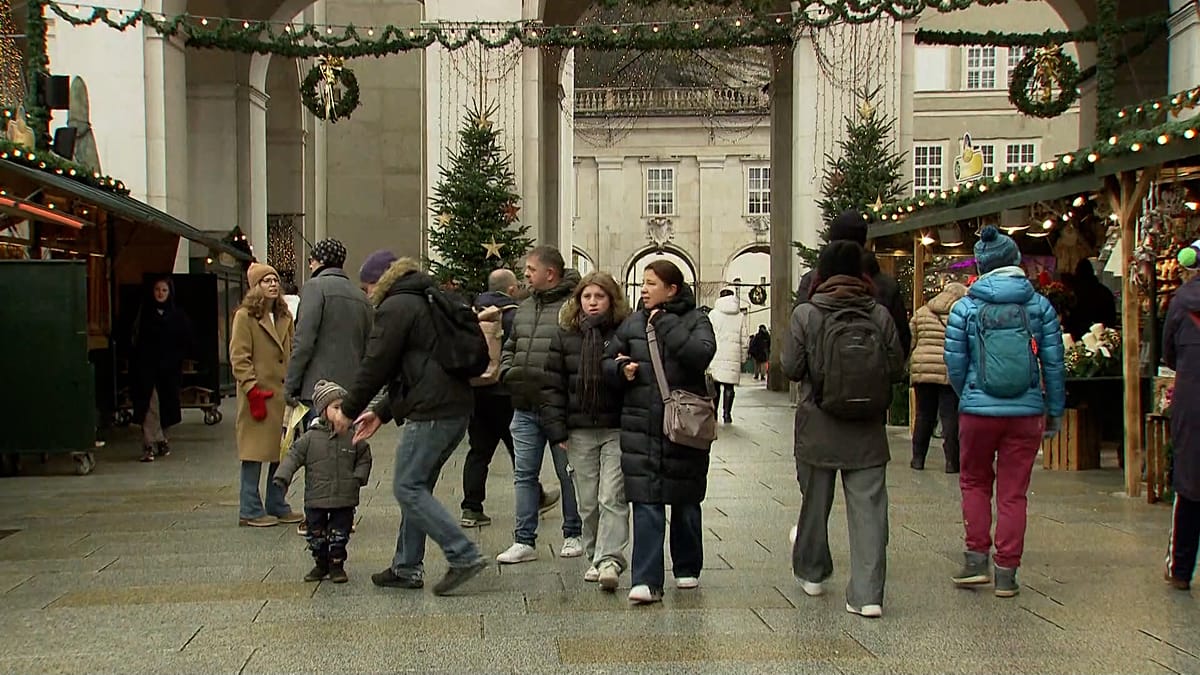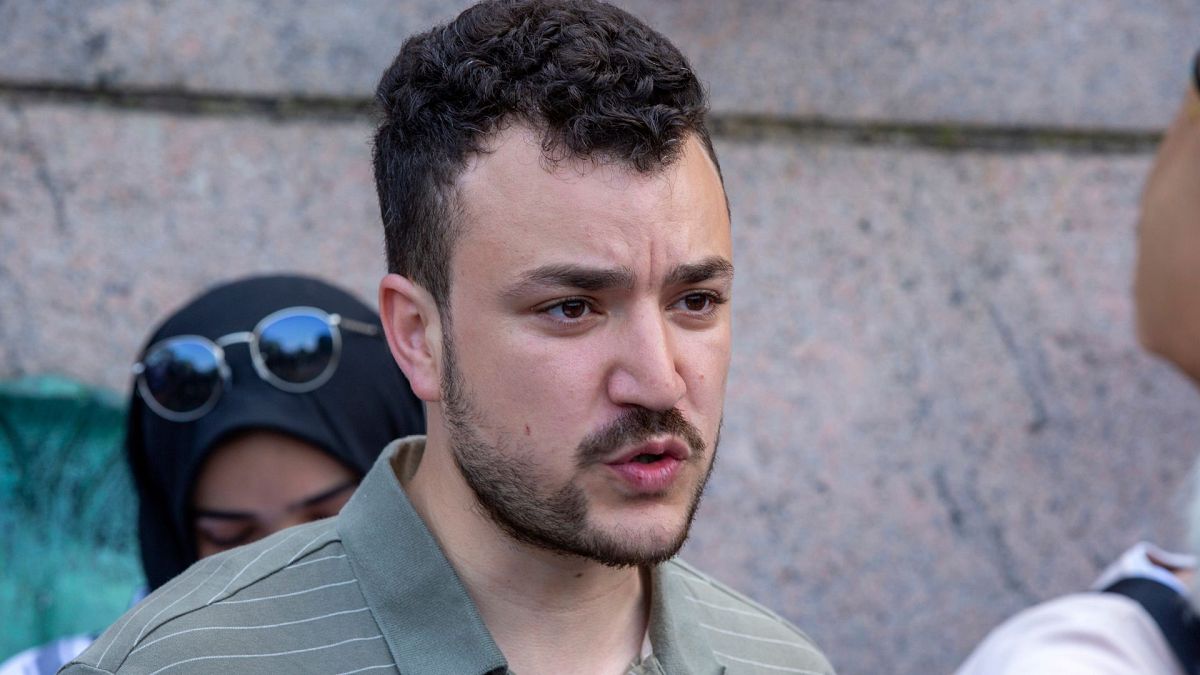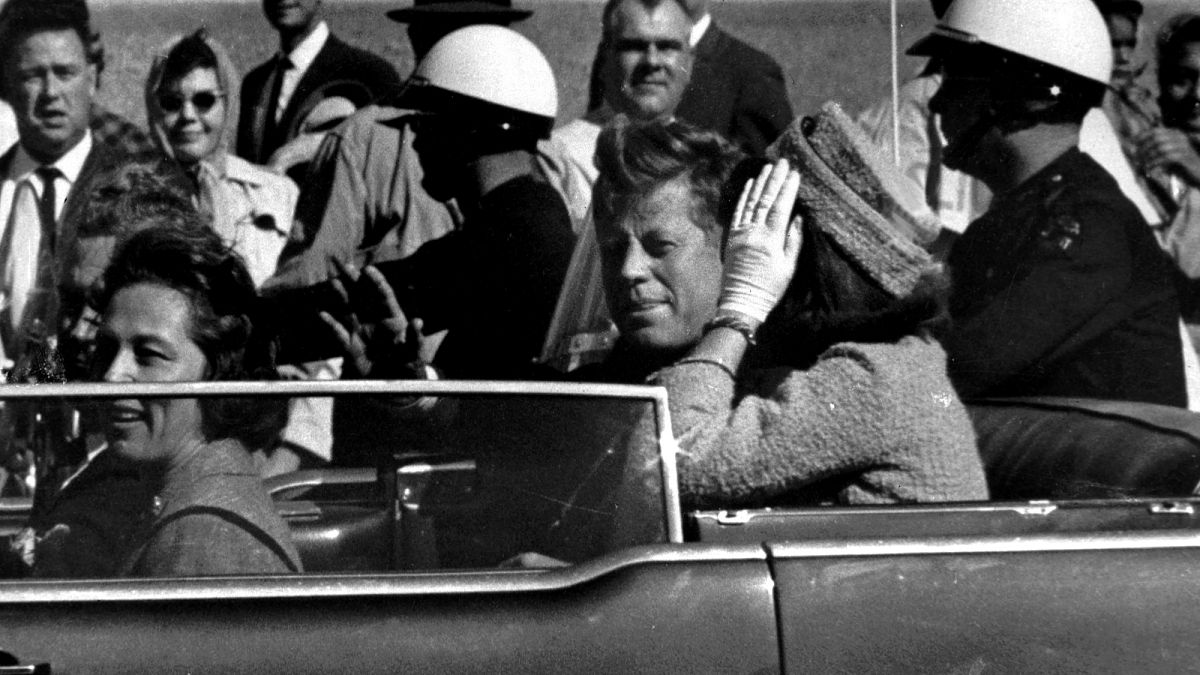Von der Leyen calls for an independent Europe and Felipe VI urges unity
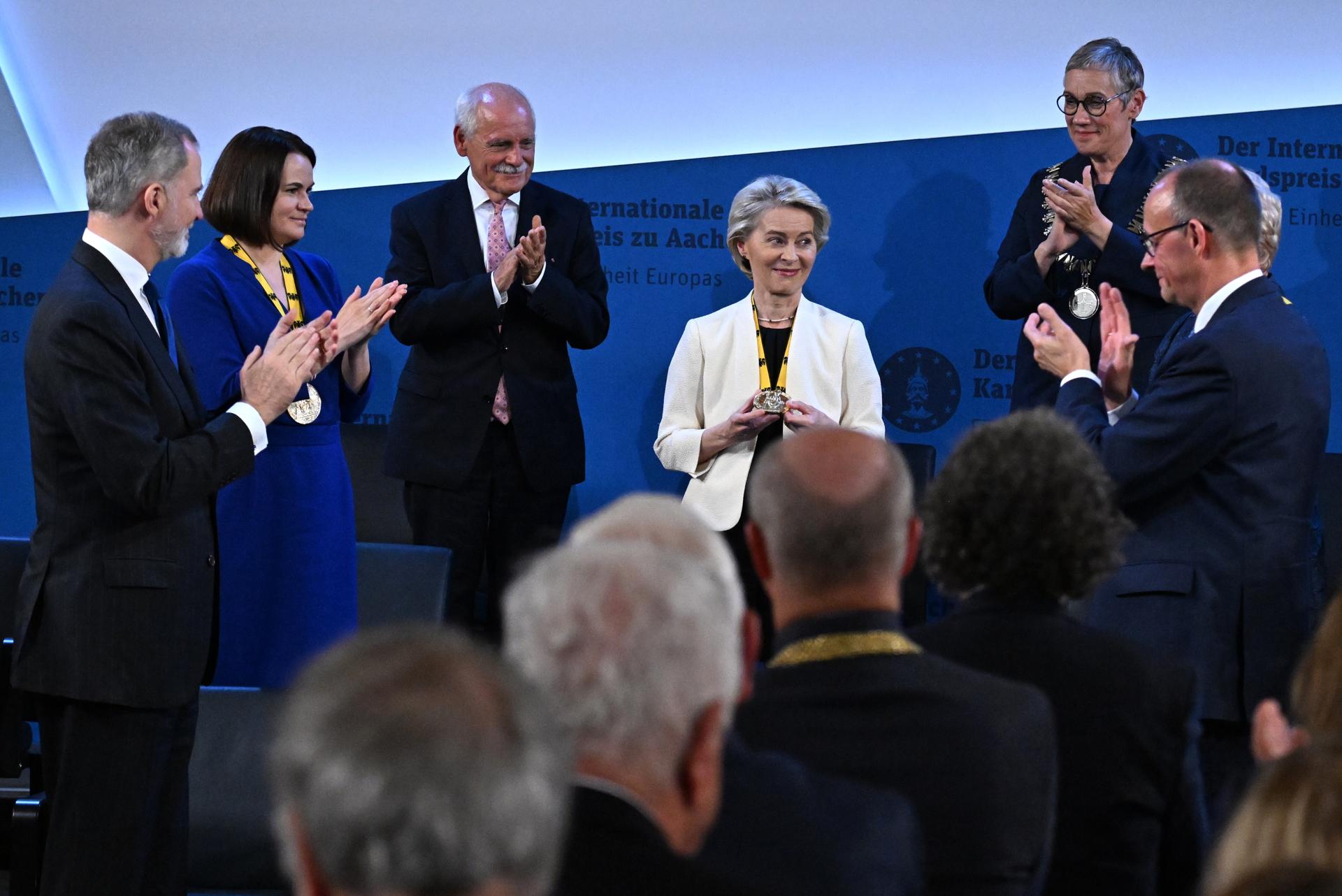
Berlin – The President of the European Commission (EC), Ursula von der Leyen, received the Charlemagne Prize on Thursday for her leadership in turbulent times, at a ceremony where she urged the construction of an “independent Europe” in front of the King of Spain, Felipe VI, who called for support for the continent, and the German Chancellor, Friedrich Merz, who promised that Germany would lead the restoration of peace and the defense of Europe.
At a solemn ceremony in the Coronation Hall of the City Hall of Aachen before distinguished guests, von der Leyen received the prestigious medal, which for the first time in its 75-year history is endowed with 1 million euros and which she will donate to organizations dedicated to helping Ukrainian children illegally deported to Russia and assisting Ukrainian minors traumatized by the Russian war.
Behind the awardee were seated Charlemagne Prize winners such as the former President of the EC Jean-Claude Juncker and the former President of the European Parliament Martin Schulz, as well as the exiled Belarusian opposition leader Svetlana Tihanovskaya and Tatsiana Jomich, sister of the imprisoned dissident Maria Kolesnikova, who held a sign reading “Freekalesnikava”.
The king’s European unity and Merz’s defense
The King of Spain was the first to deliver the laudatio, in which he called for the unity of Europe and warned against the “dangerous and misguided voices” that argue that Europeans will be “more free, independent, and sovereign” if they inhabit “separate national political communities” to face global challenges.
In a well-received speech delivered in English – except to congratulate von der Leyen in German – Felipe VI emphasized that “Europe will only be powerful if it remains united” and can only deter aggression and defend itself if it works together, whether to confront the Russian invasion of Ukraine or the economic challenges and trade war.
Merz was equally emphatic in his laudatio, stating that the “historical task” of the community club “is to make Europe so strong that it can restore peace” on European soil “and ensure it in the long term.”
“I want to tell you today that Germany is ready to take the lead in this task, in close coordination with our European partners and neighbors,” Merz stated amid applause from the audience, which also included the Prime Ministers of Malta, Robert Abela; Luxembourg, Luc Frieden; and Albania, Edi Rama.
Von der Leyen, aware of the historic moment Europe is experiencing, appealed in her acceptance speech for the award – referring to the period of relative peace after World War II – to develop a new form of ‘Pax Europaea’ for the 21st century shaped and directed by Europe itself in the face of “seismic changes” it is facing.

The President of the European Commission, Ursula von der Leyen (2-d), greets King Felipe VI of Spain (d) alongside German Chancellor Friedrich Merz (i), after the award ceremony of the International Charlemagne Prize (Karlspreis) 2025, in Aachen, Germany, on May 29, 2025. EFE-EPA/FEDERICO GAMBARINI / POOL
An independent Europe without fear
“The world is once again characterized by the imperial struggle for power and imperial wars. By authoritarian powers willing to ruthlessly exploit our differences or dependencies. By great powers that are willing to use all means, fair or foul, to gain advantage,” she explained in an indirect reference to Russia and the U.S. trade war.
For this reason, she urged the construction of an “independent Europe,” a word that implies “liberating oneself from the fear of change.”
Von der Leyen specified that the fact that Europe manages and shapes its security and defense does not imply a change in its relationship with NATO, but rather a commitment to European defense with its own tools such as the rearmament plan of up to 800 billion euros.
She also stated that the Twenty-Seven must “place innovation and competitiveness at the center of Europe’s renewal,” which requires “catching up quickly in many areas” to once again play a leading role in the global economy, through a “master plan” that focuses on investment in innovation, artificial intelligence and new technologies, the environment, boosting industry, and reducing bureaucracy.
She also advocated for resolving the trade war with the U.S., but reminded that 87% of global trade is conducted with other countries.
The head of the community executive also called for working towards the next “historic” reunification of the continent, because welcoming countries that have freely chosen to join the EU is a “basic prerequisite for a stronger Europe, at home and geopolitically in the world.”
Finally, before getting the guests to their feet to applaud her, von der Leyen emphasized the need to “renew and strengthen European democracies” in the face of “external and internal adversaries,” whether due to the Russian threat or the “worrying” resurgence of extremist parties or anti-liberal trends. (May 29)











